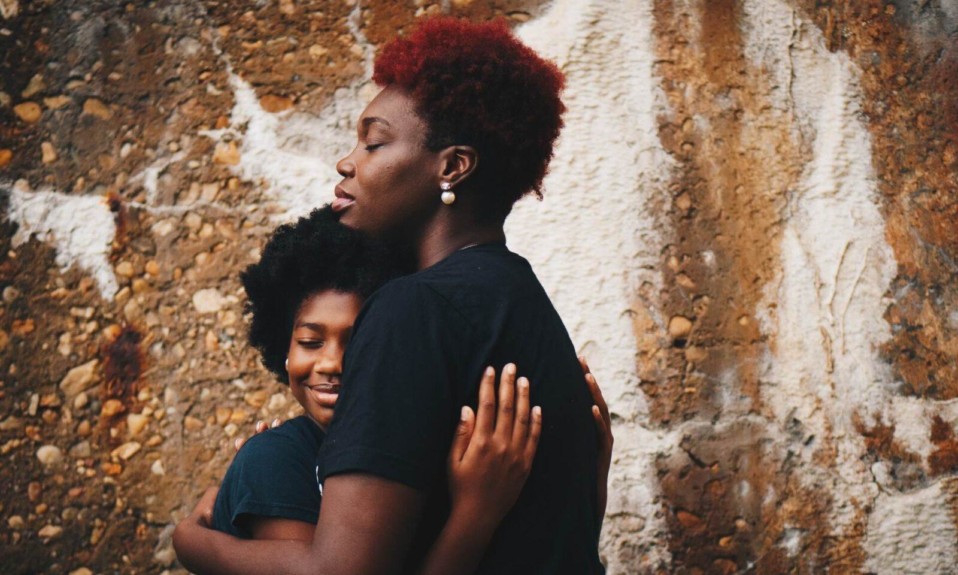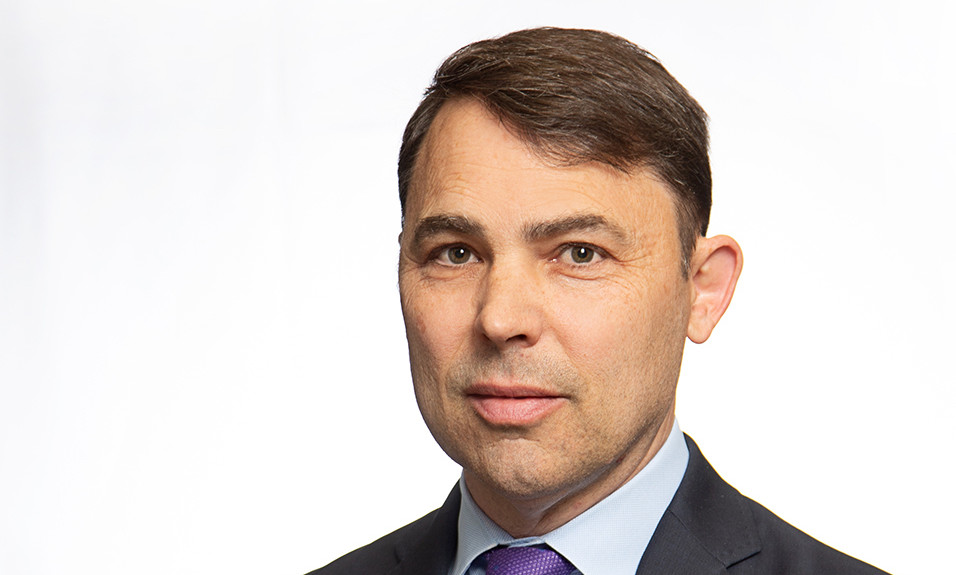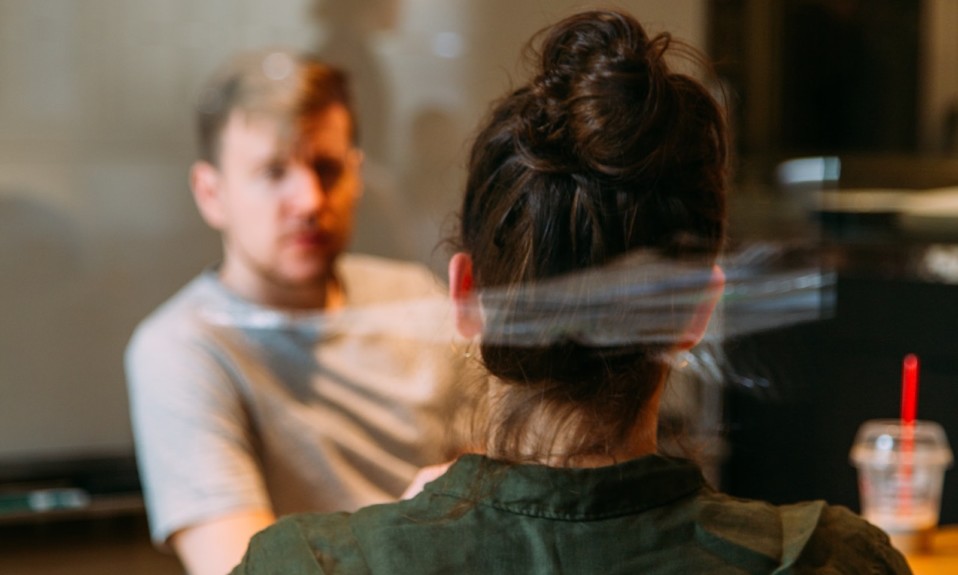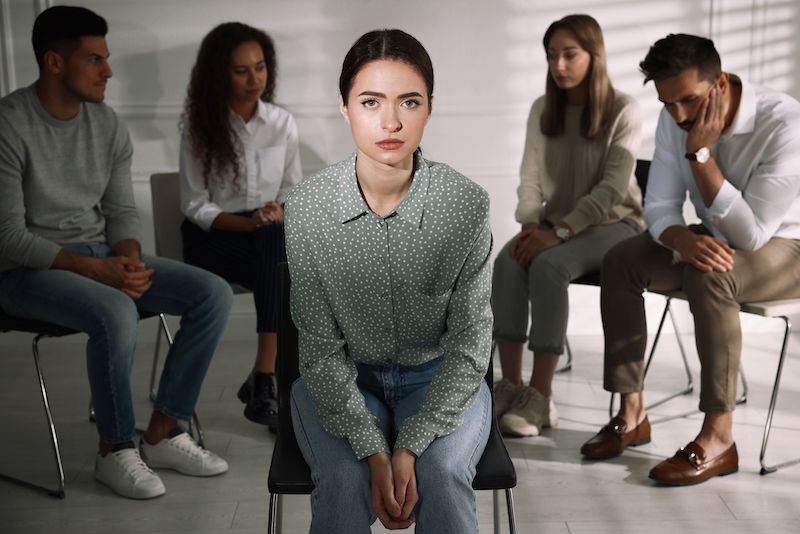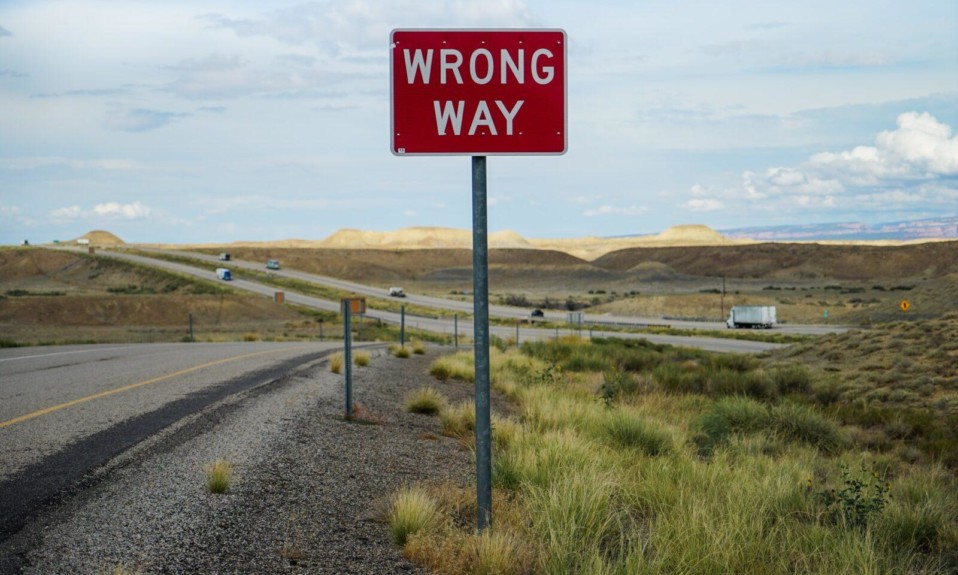You might think: They’re the one with the problem—but you’re the one who will benefit most right now. Here’s how to get started
By Ryan Blackstock, Psy.D.
September 29, 2020In my last column What Happened to Family Week?, I scratched the surface on why families’ involvement in treatment is so important. This time I want to revisit this topic in a part 2-column looking at why you—the loved one—need to go to therapy, even and especially if your addicted person won’t.
Here’s why. No matter who you are, I’m going to bet you’ve been affected by alcoholism or addiction. Just about all of us have. Throughout my many years of teaching, I always ask students to raise their hands if their lives have been affected by alcoholism. Generally, about half raise their hands at first…and then more people open up. They tentatively raise a hand and identify uncles, aunts, siblings, parents, best friends—the list goes on. The other stunning part is that in most cases, they have never received any resources or guidelines about how to cope with the ravages of addiction.
I’ve heard so many first, deep sighs of relief from meeting newcomers. For perhaps the first time, they can talk freely about the often-unspeakable craziness they have been wrestling with at home—alone.”
In those cases—and pretty much always—I encourage family members and friends to get help themselves. If they can access professional therapy, fantastic. If they can’t for a variety of reasons, the most affordable and widespread resource comes from the 12 step communities: Al-Anon (for family members of alcoholics/AA members), Nar-Anon ( for family of addicts/NA members), and Families Anonymous (for anyone who has experienced addiction in their family). These worthy organizations have supported and helped millions.
How do they work? Their meetings function very much the same as their AA progenitor, except the focus is on the basic precepts of powerlessness and unmanageability as they relate to being affected by the person with the substance abuse problem. They offer a welcoming, safe place to get validation from others who have been in your shoes. I’ve heard so many first, deep sighs of relief from meeting newcomers. For perhaps the first time, they can talk freely about the often-unspeakable craziness they have been wrestling with at home—alone. Others nod their heads in understanding and share their own stories.
Yet it is about much more than the nod of acceptance.
Saying you don’t have time is also like saying: ‘I don’t have time for the new life that I have been hoping for all these years.’”
Meetings and community offer a powerful, key step to help yourself, your family and the addicted person in your life. They seek to help you find a way back to sanity—back to a life that made sense, and was predictable and healthy. These are outlined in the process of “working the steps” to kickstart your healing process. An additional benefit is that through these meetings you will learn the language and philosophy of recovery. These help you change your thinking and mental frameworks. And yes, in these times of COVID, they have meetings online.
Family members sometimes object: “I don’t have time for those meetings.” Or: “My son—or sister, cousin, husband, best friend—has the problem, not me. They’re the ones who should have to go.”
To which I always respond: “The meeting is for you, not them.”
It’s similar to going to physical therapy for a muscle injury. Your chances of getting better are much greater than trying to heal on your own. Saying you don’t have time is also like saying: “I don’t have time for the new life that I have been hoping for all these years.”
You owe it to yourself to find the time. You, your life and your family are worth it. Make the time to seek out a good meeting. I’ve seen it time and again: Any fear or embarrassment will be gone after your first or second meeting—when you hear others tell their stories about how they came to the program and what they are doing now to try to live happier and healthier.
Their hand in fellowship is already outstretched before you. I hope that you reach out and take it.
You have suffered the ugliness of addiction. Allow yourself to experience the beauty of recovery. It takes work, but it’s absolutely worth it. You’ll see.
Ryan Blackstock, Psy.D., received his doctorate of psychology from the Center for Humanistic Studies in 2006 and has worked as an addiction counselor since the early 1990s. He earned a distinguished service award from the National Kidney Foundation (Michigan chapter) for pioneering a substance abuse education program for people awaiting organ transplant. Dr. Blackstock teaches at the Michigan School of Psychology master’s program. In his free time, he enjoys game design, playing heavy metal and studying symbolic aspects of ancient Egypt.
Photo: Eye for Ebony


